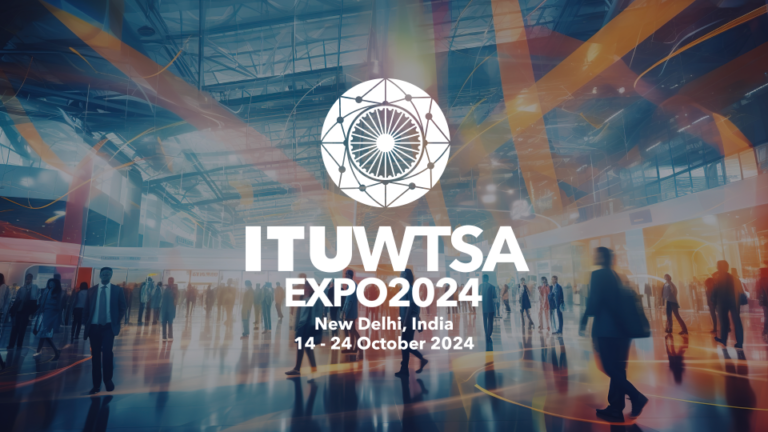At the close of the World Telecommunication Standardization Assembly (WTSA-24) in New Delhi, India, the International Telecommunication Union (ITU) announced a consensus on priority areas for advancing global standards in artificial intelligence (AI), the metaverse, and sustainable digital transformation.
Over the past ten days, ITU members reviewed and updated existing guidance, agreeing on eight new resolutions aimed at addressing fast-evolving global digital demands and supporting developing countries.
“The outcomes of WTSA-24 remind us that humanity has one Earth, one human family, and one shared digital future,” said ITU Secretary-General Doreen Bogdan-Martin. She emphasized ITU’s commitment to a digital future focused on innovation, inclusivity, and sustainability.
Indian Minister of Communications Jyotiraditya Scindia highlighted the assembly’s role in shaping the future. “We have embarked on an extraordinary odyssey over the past 10 days…to envision and sculpt a radiant digital future with rich dialogues, audacious ideas, and transformative partnerships,” he said.
Accelerating Support for High-Priority Standards
The new resolutions reflect WTSA’s emphasis on supporting developing nations, with standards focused on:
-Safe and inclusive AI, reinforced through collaboration on ITU’s AI for Good platform;
-Interoperable metaverse applications that are trusted and inclusive;
-Sustainable digital transformation for varied industries and technologies;
-Technical standards for public digital infrastructure;
-Communication standards for transport technologies, such as vehicle-to-everything and automated driving;
-Enhanced emergency services via mobile caller-location technology;
-Development of future ITU standards experts, focusing on students and young professionals;
-Continuous improvement of standards to align with evolving policy and market demands.
“ITU standards must lay the foundation for the digital future we envision,” noted Seizo Onoe, Director of ITU’s Telecommunication Standardization Bureau. He highlighted the WTSA decisions as a testament to ITU members’ dedication to impactful standards and strong industry support, especially for developing countries.
Charting the Path for Future Standards Work
WTSA-24 also addressed ITU’s standardization structure, establishing mandates for its expert groups for the next four years. This includes creating ITU-T Study Group 21, a new group focusing on multimedia, content delivery, and cable TV technologies.
The assembly welcomed 194 member states and over 1,000 industry and academic participants, consolidating ITU’s role as a global standardization authority. Reflecting on the conference’s resolutions, WTSA-24 Chair Ritu Ranjan Mittar expressed confidence in the decisions taken, saying, “The march of technology continues, and it is our collective responsibility to ensure standards keep pace.”
Spotlight on Innovation and Ethical AI
Inaugurated by India’s Prime Minister Narendra Modi on October 15, WTSA-24 emphasized ethical AI, universal connectivity, and digital inclusivity. In the lead-up to the main conference, ITU hosted the Global Standards Symposium (GSS-24) and celebrated World Standards Day on October 14, exploring the role of standards in sustainable AI, smart cities, and virtual worlds.
The assembly also held the inaugural International AI Standards Summit with partners ISO and IEC, finishing with AI for Good Impact India, an event set to inspire regional discussions on ethical AI.
WTSA-24’s decisions and actions are published in the WTSA-24 Proceedings, underscoring ITU’s ongoing mission to guide and innovate within the digital landscape for the benefit of all.




